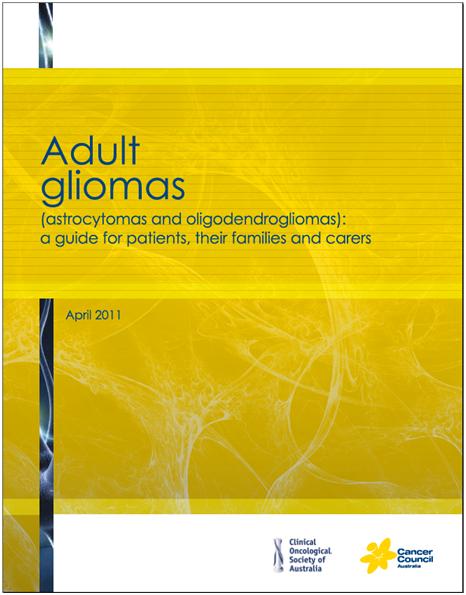Patients and families may find the following resources useful.
International Clinical Trials Day, 20 May
International Clinical Trials Day commemorates the day in 1747 that Scottish naval surgeon, James Lind, started his trial to determine the cause of scurvy. This trial provided evidence of the important link between citrus fruit and preventing scurvy.
Around the world International Clinical Trials Day is celebrated to raise awareness of the importance of clinical trials and research in healthcare, and importantly the critical partnerships between patients, healthcare and researchers.
Major advances in cancer care have come through clinical trials. Please click here for an information sheet on participating in clinical trials. The information sheet has been developed by consumers and representatives of the Cancer Cooperative Trials Groups.
______________________________________________________________
Australian Cancer Trials website
The Australian Cancer Trials website is a free information service that displays the latest clinical trials in cancer care, including trials that are currently recruiting new participants. This website is for anyone affected by cancer … whether you, your friend or family member. Cancer specialists too will find this an invaluable resource to use with their patients. Australian Cancer Trials aims to assist you, with your cancer specialist, make decisions about your cancer care options, including clinical trials.
The website is available at http://www.australiancancertrials.gov.au/.
______________________________________________________________
Cancer Australia Consumer Learning website
The Consumer Learning website is designed to enhance consumer knowledge and confidence to participate in cancer research and clinical trials. The website contains short online learning modules and video presentations to guide consumers who are seeking to participate in clinical trials research.
The website is available at http://consumerlearning.canceraustralia.gov.au/.
______________________________________________________________
Adult gliomas for patients and families
 The information booklet, Adult Gliomas (astrocytomas and oligodendrogliomas): a guide for patients and their families, was officially launched at the Cancer Institute NSW Brain Tumour Support and Education Forum in Sydney on Friday 13 May, 2011 by the Chair of the Guidelines working party, Professor Michael Barton. The information booklet, Adult Gliomas (astrocytomas and oligodendrogliomas): a guide for patients and their families, was officially launched at the Cancer Institute NSW Brain Tumour Support and Education Forum in Sydney on Friday 13 May, 2011 by the Chair of the Guidelines working party, Professor Michael Barton.
This booklet provides important information on all aspects of the patient experience for those diagnosed with a brain tumour and their families and friends, including sections on symptoms, testing and diagnosis, and specific information on treatments for some of the most common tumour types. In addition, it gives helpful information on participating in clinical trials , as well as excellent sections covering whole-person care during the course of treatment and follow up. Valuable chapters on rehabilitiation and palliative care have also been included.
______________________________________________________________
Understanding Brain Cancer: support videos
A brain cancer diagnosis is quite overwhelming. Cancer Council has developed a comprehensive set of video modules for people affected by brain cancer. The complete DVD can be ordered by calling 13 11 20, and the individual modules can be viewed here: http://www.cancercouncil.com.au/50913/get-informed/about/about-cancer/understanding-brain-cancer-support-videos/?pp=32262. The module content spans the whole brain cancer journey, from symptoms and diagnosis onwards. Remember that only some modules will be relevant to an individual’s stage in this journey – ensure that people move at their own pace.
The Understanding Brain Cancer modules were produced in consultation with the neuro-oncology medical community. This resource received funding from the Australian Government through Cancer Australia. For more information or support, call the Cancer Council Helpline on 13 11 20.
p. Valuable chapters on rehabilitiation and palliative care have also been included.
______________________________________________________________
Cancer Council Optimal Care Pathway: High Grade Glioma
Cancer Council Victoria, on behalf of the Victorian Department of Health and Human Services, has developed the resource High Grade Glioma – what to expect. This can be downloaded via the interactive consumer web portal at www.cancerpathways.org.au. This resource will help patients and their family and carers to better understand an often complex health system and to know what questions to ask of their health professionals to ensure they receive the best care at every step.
______________________________________________________________
BTAA / Cancer Australia Brain Tumour Resources
Brain Tumour Alliance Australia (BTAA) has multilingual resources to support brain tumour patients, their families and carers, which can be downloaded from the BTAA website (https://www.btaa.org.au/resources/languages).
- My Brain Tumour Pathway is a form for patients about their specific brain tumour, the treatments they will be having and the contacts to assist them in their journey. The form can be completed with help from the patient’s neurosurgeon, oncologist and/or brain tumour coordinator following the diagnosis of a brain tumour.
- It’s Okay to Ask is a booklet of questions about brain tumour diagnosis, what to expect, symptoms, and treatment. Patients can use it when speaking to their oncologist, neurosurgeon and/or brain tumour coordinator after the diagnosis of a brain tumour.
______________________________________________________________
Brain Tumour Support and Education Forum
To view video coverage of the past Forum, please visit:
|